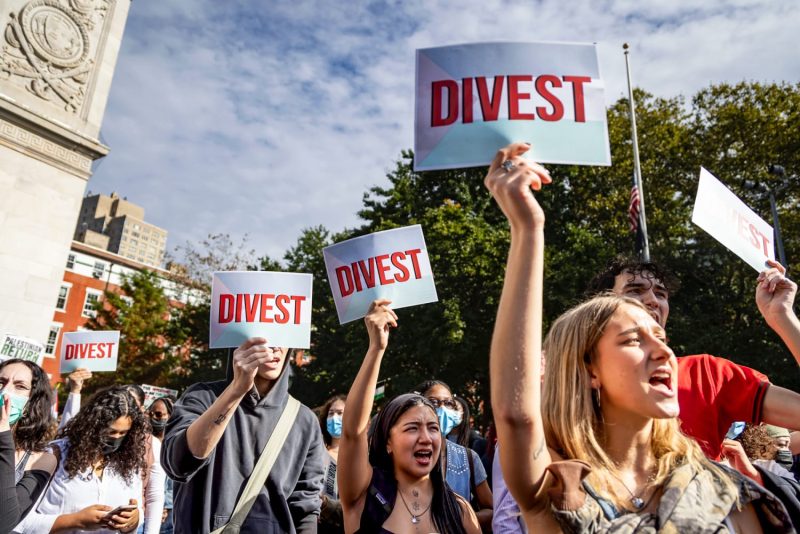College Protesters Want Their Schools to Divest from Ties to Israel – Here’s What That Means
Divestment from Israel has become a highly debated topic among college students and activists around the world. This movement calls for institutions to pull their investments from companies that have ties to Israel, particularly those involved in the Israeli military or settlement expansion in Palestinian territories. While the issue is complex and multifaceted, understanding the motivations behind this movement and the potential implications of divestment is crucial for anyone looking to engage in this important discussion.
One of the key arguments put forth by proponents of divestment is the belief that Israel’s policies towards Palestinians constitute human rights violations and that investing in companies complicit in these actions is unethical. By pressuring colleges and universities to divest from such companies, activists hope to send a signal that they do not support or condone these actions. Moreover, some argue that divestment is a form of nonviolent resistance that can help bring about change by targeting the economic interests of those involved in the Israeli occupation.
However, critics of the divestment movement often argue that it is one-sided and unfairly singles out Israel while ignoring other countries with questionable human rights records. They also point out that divesting from Israel could harm academic freedom and dialogue by shutting down opportunities for engagement and collaboration between Israeli and Palestinian students and scholars. Additionally, opponents of divestment warn that it could lead to further polarization and alienation, ultimately hindering efforts towards peace and reconciliation in the region.
The practical implications of divestment are also worth considering. Pulling investments from specific companies may have financial repercussions for institutions, potentially impacting their endowments and overall financial stability. Moreover, the process of divestment can be complex and time-consuming, involving extensive research and analysis to determine which companies to target and how to go about divesting from them. This can strain resources and divert attention from other important issues and initiatives on campus.
Ultimately, the debate surrounding divestment from Israel is emblematic of larger questions around ethics, politics, and activism. It raises important questions about the responsibilities of institutions to uphold human rights, the role of economic measures in effecting social change, and the complexities of navigating conflicts and controversies in an increasingly interconnected world. As colleges and universities continue to grapple with these issues, it is essential for students, faculty, administrators, and community members to engage in open and respectful dialogue, to listen to different perspectives, and to work towards solutions that uphold justice, dignity, and peace for all.



























